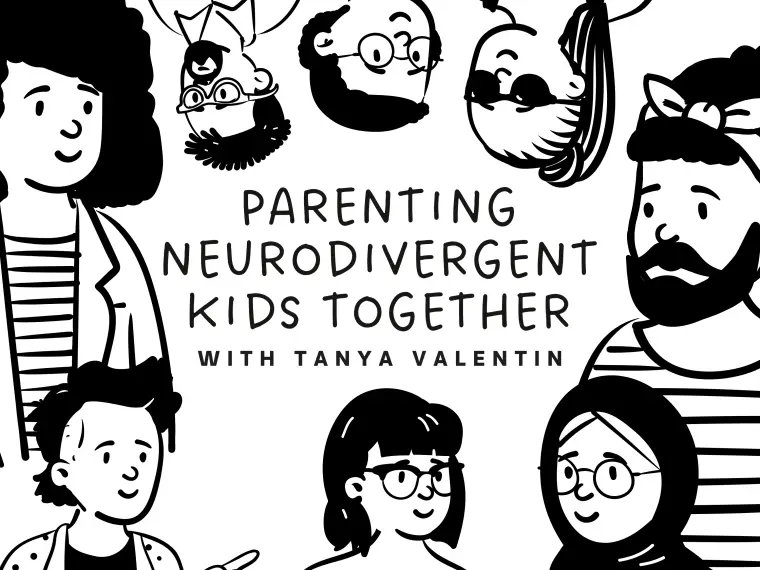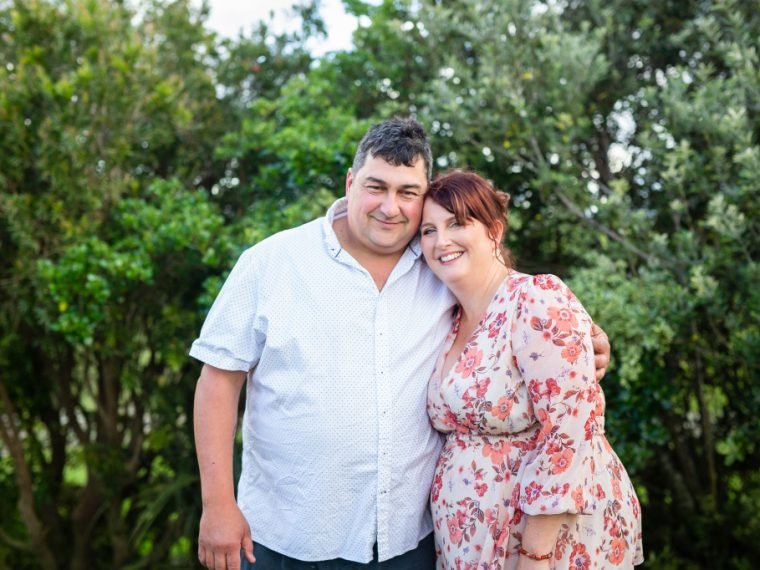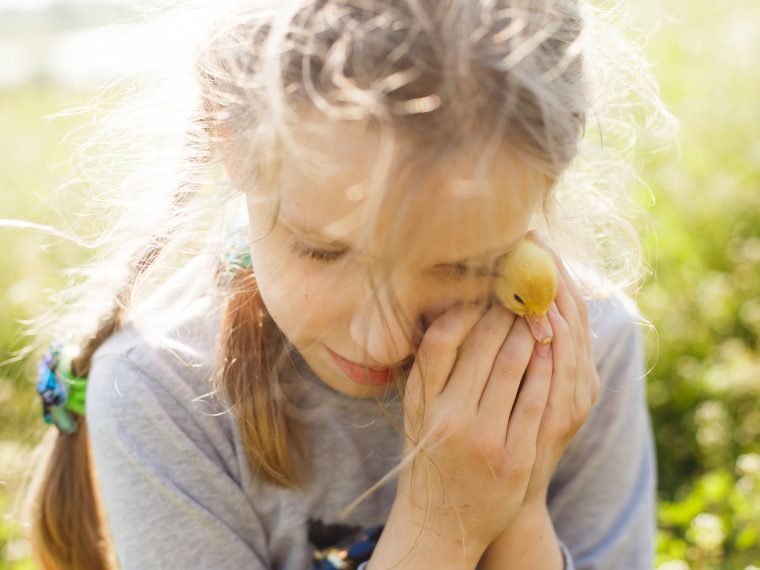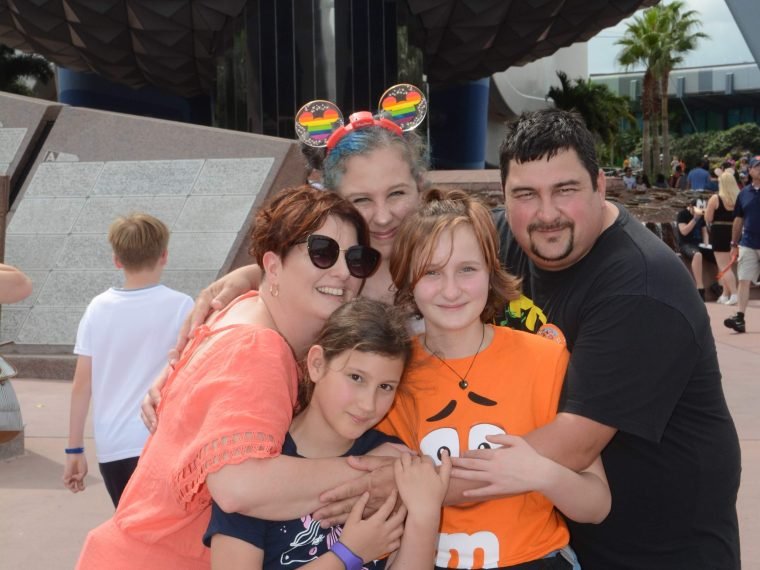For many parents of neurodivergent children, bedtime is one of the hardest and most stressful times of the day. If this is true for you and your family, you’re not alone, as many neurodivergent individuals find sleep challenging. In this episode, I chat with Laura Hellfeld, neurodivergent nurse and sleep consultant. Here are some of […] Read more…





